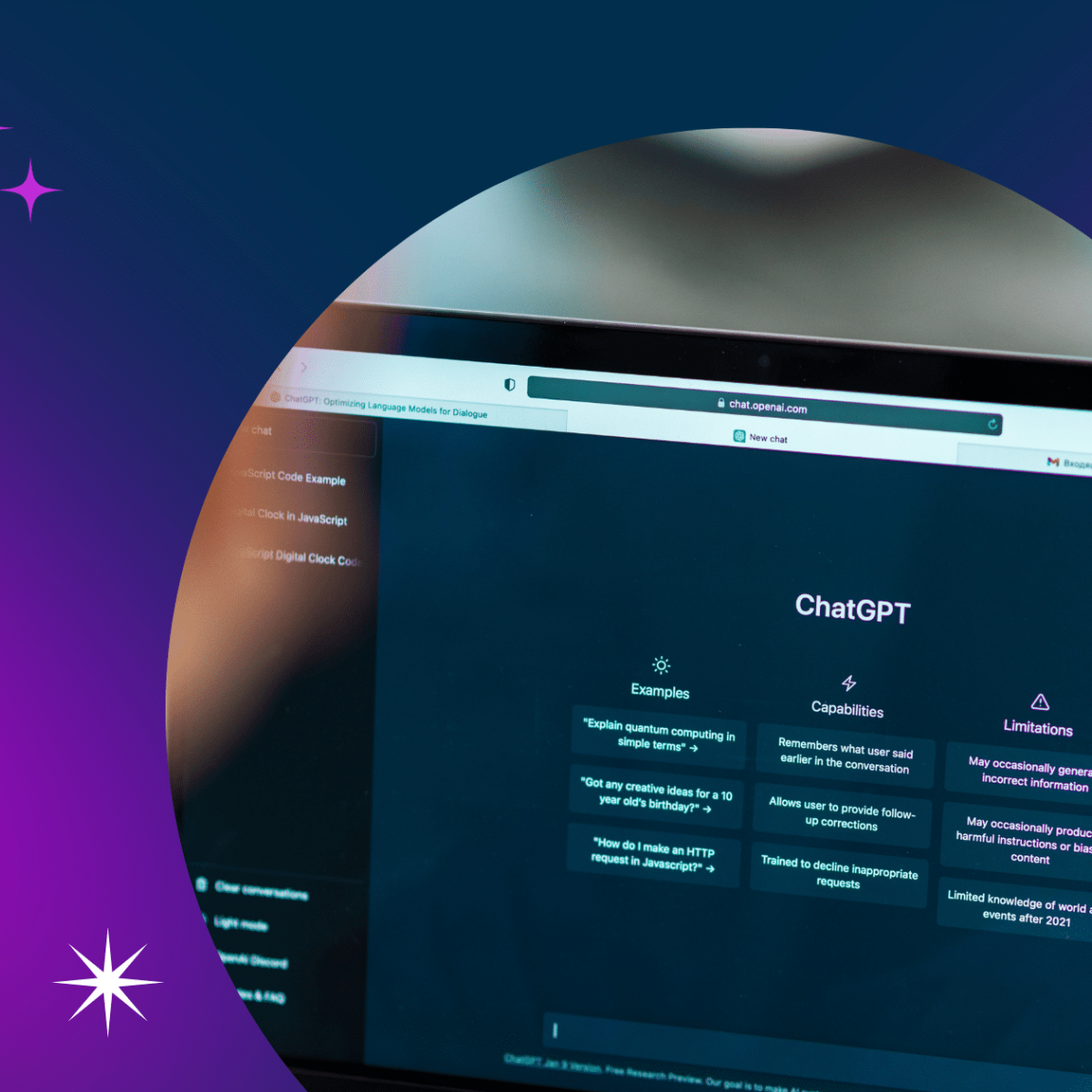AI advancements have forever shifted how brands and businesses execute content governance. Understanding how these models can enhance your strategies and processes allows you to transform your content strategy to best support your organization. This article explores the impacts of AI on content governance and how you can implement AI models to revolutionize your content strategies. All digital content is managed and controlled under specific processes, policies, and strategies known as content governance. Content governance defines guidelines, rules, and standards for content to ensure it aligns with an organization’s objectives, legal requirements, and user expectations. Content governance provides a framework that empowers organizations to execute their content strategy. It includes various aspects of your content, including: Every facet of your content governance contributes to and supports your overarching content strategy. With AI innovation revolutionizing how we think about content, organizations can access these new technologies that transform content governance. Read on as we explore more. Artificial Intelligence (AI) describes a machine performing activities typically executed by a human. Several capabilities fall under the AI umbrella: AI has transformed how we think about and execute content governance. Many tasks human teams once dedicated hours of time and energy to can be completed nearly immediately thanks to AI technologies. AI saves time, energy, and financial resources traditionally dedicated to content governance, freeing businesses to invest those resources where they see fit. AI can automate a significant portion of your content governance tasks and processes. Below we explore the key areas where AI impacts content governance and how you can utilize AI models to execute content tasks more efficiently and effectively. Both language and image AI models can generate content. Articles, blog posts, social media posts: AI can near-instantly create content for organizations regardless of what they’re selling or their audience. Automated content generation is a valuable time saver, freeing up your teams to carry on with tasks that require their full attention. While AI-generated content should continually be reviewed by humans, using AI models can drastically improve your content quality. Because these models can learn from virtually unlimited data, they can produce more accurate, informative content than human teams. High-quality, accurate, and consistent product content is foundational to a product page that converts. Because AI models can create all types of content, including text, images, and video, the technology expands your content possibilities. For example, if a business or individual doesn’t have the time or experience to create an image for their socials, AI can. AI models empower you to create diverse content that appeals to a wide range of audiences, helping you attract and engage consumers and ultimately compel them toward purchase. Implementing user-generated content into your content strategy is essential to earn customer trust, especially in e-commerce. However, UCG can work against your marketing strategy and brand identity. Monitoring your content is crucial to ensure that all UCG aligns with your values and follows your set content guidelines. AI models provide automated content moderation, analyzing and flagging or removing inappropriate content. AI technologies free your teams from time-consuming content moderation and help ensure quality and compliance. Personalization is essential within the digital shelf. Consumers expect it. Research from McKinsey finds that 71 percent of consumers expect personalization, and 76 percent are frustrated when brands don’t deliver. Furthermore, fast-growing companies earn 40 percent more revenue from personalization than slow-growth organizations. AI models can track consumer behaviors to create personalized content based on user preferences. Using AI models for personalization helps brands create custom content that appeals to their audiences and moves them closer to the “buy now” button. AI systems constantly adapt to understand and interpret human language through Natural Language Processing (NLP). This unique capability automates the repetitive tasks associated with content governance, such as The global digital shelf provides access to consumers across cultures and languages. AI empowers you to create content adapted to unique audiences regardless of their language or location. E-commerce businesses have virtually unfettered access to a global audience. Implementing content governance strategies to attract and engage the global consumer isn’t merely a convenient supportive strategy; it’s essential to win market share. Every piece of content exists to help you reach your KPIs. Maximizing your ROI necessitates that you optimize content at every turn. AI-powered tools analyze content performance, user feedback, and engagement metrics to provide insights for content optimization. AI helps you enhance content to improve readability and organization, identify relevant keywords for AI search engine optimization, and more. AI provides various benefits to content governance. However, even the most advanced AI applications are limited in what they can accomplish. This is especially true regarding ethical considerations. The overarching lack of data privacy and governance in the U.S. restricts efforts to implement a standard for AI ethics. Your organization must ensure your AI systems Human oversight is essential to effective AI within content governance. Human teams understand nuance, operate under a moral code, and provide comprehensive content management that ensures ethical, accurate, and unbiased governance. If you create or publish content, you have a content governance strategy. The question is this: is it working at its full potential? At Content Status, we provide clarity to organizations like yours seeking to optimize content governance. Reach out today to learn more about how we can enhance your approach to content governance and help you create content that converts. Get the latest articles delivered directly to your inbox!The Impact of AI on Content Governance
The Purpose and Role of Content Governance
AI Capabilities
Key Areas Where AI Impacts Content Governance
1. Automated Content Generation
2. Improved Content Quality
3. Expand Content Variety
4. Automated Content Moderation
5. Content Personalization
6. Automation of Repetitive Tasks
7. Content Translation and Localization
8. Content Optimization
The Essential Human Element in Content Governance
Optimizing Content Governance with AI Capabilities
Love reading, keep reading

The Impact of AI on Content Governance
Contents
hide

